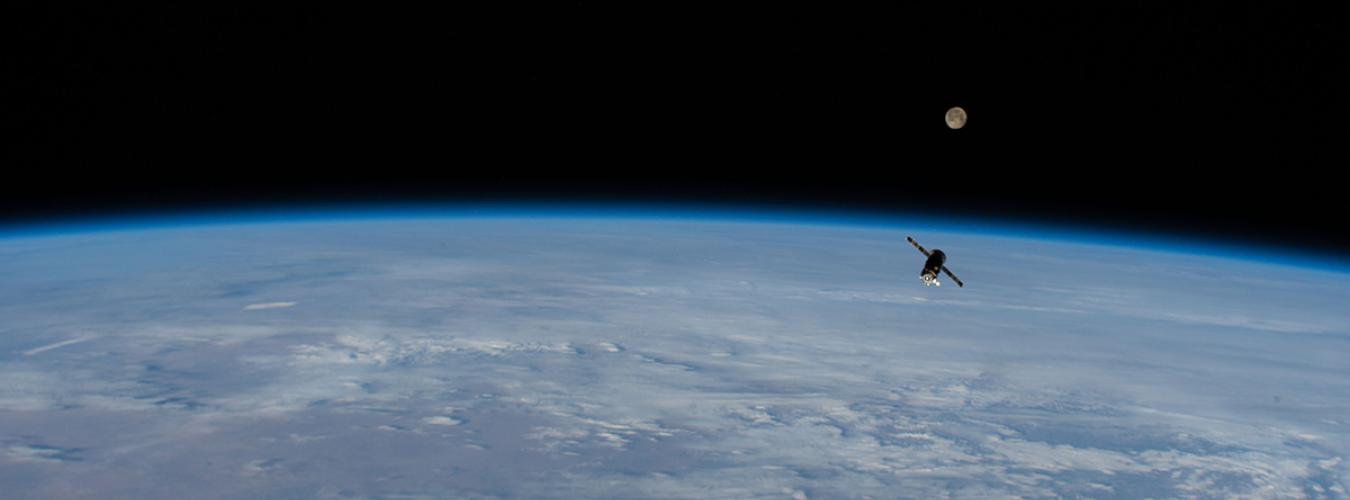Rehman Nazir
The world witnessed the historic declaration of International Moon Day, a day designated by the United Nations to be celebrated annually on 20th July, through the UN resolution 76/76 in 2021. This momentous day commemorates the remarkable feat of human landing on the Moon during the Apollo 11 lunar mission, marking a significant milestone in the advancement of space exploration.
International Moon Day serves as a reminder of the extraordinary accomplishments made by all nations in the endeavor to explore and utilize the Moon. It also serves as a call to action, raising awareness about the importance of sustainable practices in Moon exploration and utilization, and the collective responsibility we all share in preserving the celestial body we are so fascinated by.
Delving into the background of this celebration, it is evident that the Moon, a celestial marvel that has captivated the curiosity and imagination of humanity, has permeated human cultures for millennia. From ancient civilizations gazing at its enigmatic allure to the modern era of technological advancements, the Moon’s awe-inspiring nature has always been a source of wonder.
With the advent of space exploration, the Moon’s enigmatic allure drew the attention of scientists and space agencies. Its proximity, unique geological features, and potential resources make it an ideal candidate for human exploration and habitation. This led to numerous missions and exploratory endeavors, eventually culminating in the iconic Apollo 11 mission, where humans set foot on another celestial body for the first time.
Pl watch the video and subscribe to the YouTube channel of republicpolicy.com
As we embrace the current era of burgeoning Moon exploration initiatives with ambitious aspirations, International Moon Day stands as a testament not only to the triumphs of the past but also as an annual commemoration of the collective vision for future endeavors in outer space exploration.
It is essential to acknowledge the pivotal role played by the United Nations in the realm of space exploration. From the early stages of the Space Age, the UN recognized the profound impact of outer space on humanity’s existence. The UN’s commitment to harnessing the benefits of outer space for the greater good has been unwavering, underscored by the adoption of significant resolutions such as resolution 1348 (XIII) addressing the peaceful use of outer space. The UN has successfully facilitated international cooperation, regulated space activities, and ensured the peaceful use of outer space, thereby contributing significantly to the advancement of space exploration.
Furthermore, the entry into force of the Treaty on Principles Governing the Activities of States in the Exploration and Use of Outer Space, including the Moon and Other Celestial Bodies on 10th October 1967, marked a watershed moment, often referred to as the “Magna Carta of Space”. This treaty laid the foundation for guiding international cooperation and ensuring the peaceful utilization of outer space.
At present, the United Nations Office for Outer Space Affairs (UNOOSA) holds the responsibility of promoting global collaboration in the peaceful uses of outer space. Serving as the secretariat for the United Nations Committee on the Peaceful Uses of Outer Space (COPUOS), UNOOSA plays a pivotal role in advancing international cooperation in outer space activities and upholding international space law, providing a reassuring framework for the future of space exploration.
UNOOSA’s tasks also encompass implementing the Secretary-General’s duties under international space law and maintaining the United Nations Register of Objects Launched into Outer Space, signifying the UN’s unwavering commitment to facilitating responsible and cooperative activities in space.
In conclusion, International Moon Day serves as a poignant and timely reminder of the remarkable achievements in space exploration and the imperative of international cooperation for the peaceful and sustainable utilization of outer space. Through the UN’s ongoing initiatives and the collective efforts of nations, the trajectory of humanity’s exploration of the cosmos continues to advance, embracing the spirit of collaboration and discovery.
















